Triumph cannot help being cruel
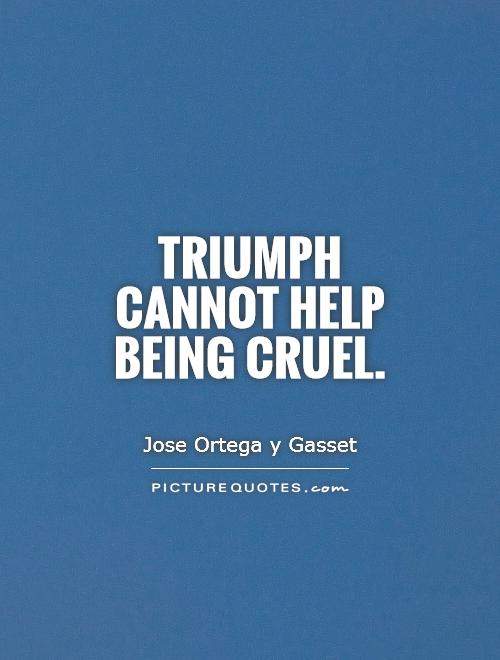
Triumph cannot help being cruel
In the context of José Ortega y Gasset's philosophy, the idea that triumph cannot help being cruel is a complex and thought-provoking concept. Ortega y Gasset was a Spanish philosopher who explored themes of human nature, society, and the individual's relationship to the world. His work often delved into the darker aspects of human behavior and the consequences of power and success.The notion that triumph cannot help being cruel suggests that when individuals or groups achieve success or victory, they often do so at the expense of others. This idea speaks to the inherent competitiveness and ruthlessness that can accompany the pursuit of power and dominance. In the quest for triumph, individuals may be willing to sacrifice the well-being of others, leading to acts of cruelty and oppression.
Ortega y Gasset believed that human beings are driven by a desire for self-realization and the fulfillment of their potential. However, he also recognized that this drive for triumph can lead to destructive behavior and the mistreatment of others. In his view, the pursuit of success can bring out the worst in people, as they prioritize their own interests above all else.
The concept of triumph being cruel also speaks to the idea of the "winner-takes-all" mentality that can pervade society. In a competitive world, those who achieve success often do so by outmaneuvering and outperforming their rivals, sometimes resorting to unethical or immoral tactics in the process. This can result in a cycle of cruelty and exploitation, as individuals and groups vie for power and control.
Ortega y Gasset's philosophy challenges us to consider the consequences of our actions and the impact of our pursuit of triumph. While success and victory may be desirable goals, we must be mindful of the ways in which our actions can harm others. By recognizing the inherent cruelty of triumph, we can strive to achieve our goals in a more ethical and compassionate manner, fostering a more just and equitable society.
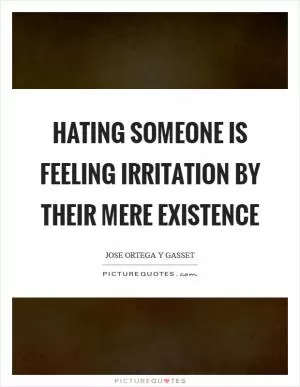
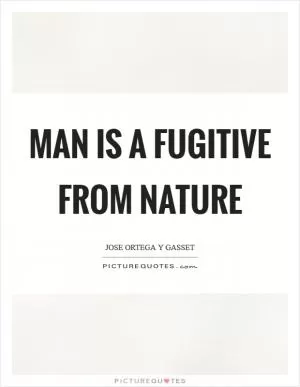
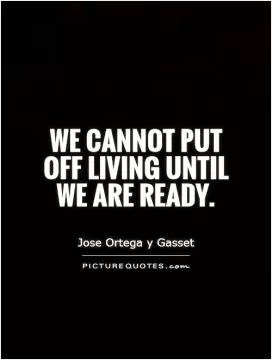
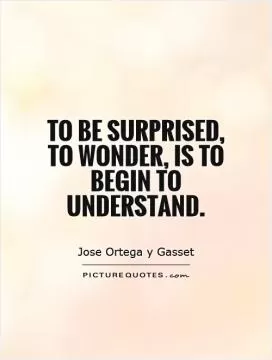
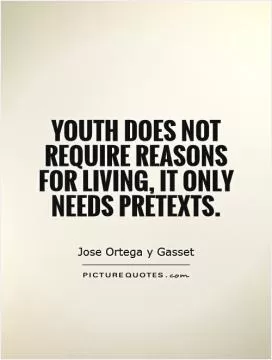
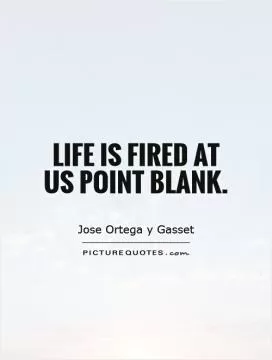

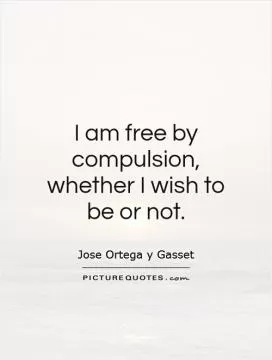
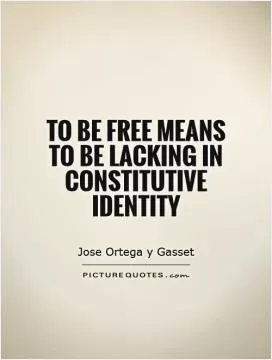

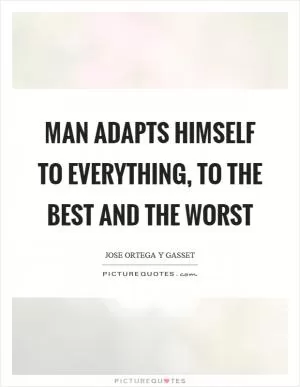
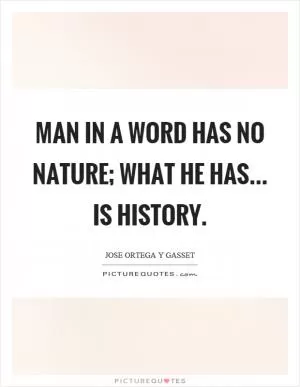
 Friendship Quotes
Friendship Quotes Love Quotes
Love Quotes Life Quotes
Life Quotes Funny Quotes
Funny Quotes Motivational Quotes
Motivational Quotes Inspirational Quotes
Inspirational Quotes